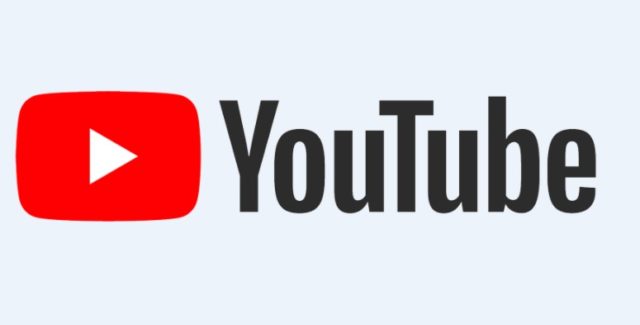
If you’re a parent of a kid today, you know very well the fact that life as a parent won’t be the same without YouTube or YouTube Kids. Google’s YouTube has been instrumental in many parenting styles in today’s modern age, providing warranted and sometimes excessive entertainment for kids. If you’re a parent of young kids today, you also know that the entertainment outlet is far from perfect. It has many flaws such false advertising, inappropriate content in children’s channels, and a whole host of technical issues. In addition, it turns out that YouTube has a bigger problem on its hands than non-working buttons.
Recent complaints about the company have surfaced recently regarding the possibility of YouTube tracking data on kids without the consent of parents. These complaints are both for its original channel and the YouTube Kids’ channel. A few consumer groups have approached the FTC to investigate the company, stating that YouTube is in violation of COPPA, the Children’s Online Privacy Protection Act of 1998. According to the complaint, the company has actual knowledge of underage children using YouTube, collecting personal information and usage history along the way. The consumer advocacy groups claim that YouTube profits from the collected information by selling ads that target children.
Just by observing kids on YouTube channels, you can easily see how this could be true. Children get glued on channels easily, and they’re more likely to click on attractive ads without knowing what they’re actually doing. In one sitting, a child can easily click through several ads. Cumulatively, this can rack up to billions with all the users that YouTube has that are online at any given moment. The consumer advocacy groups are calling on the FTC to levy fines on Google that can do some real damage–at least a few billion dollars in total.
Google responded by stating that they have already set policies for advertisers, ones that restrict them from creating personalized ads that target children, especially those under 13 years old. However, we know first hand that does not happen. Whether advertisers have found a loophole through the policies or whether Google is keeping a blind eye to what’s actually happening is unclear. Either way, it means millions in advertising revenue for both parties, all because unsuspecting 6 year olds like to click on ads about shows that they’re already familiar with. Children constantly see advertising about shows that they already watch. That means that someone’s keeping track. Someone is making money off of it; therefore, someone should pay back.
With Facebook being in the hot seat right now from data-privacy concerns, it’s no surprise that consumer groups are using this time to voice out concerns as well. There’s a good chance that something will come about from these complaints. It’s one thing for an organization to collect data on us adults–we know better than to leave our personal information for the taking. However, it’s a completely different situation to prey on children that don’t know any better. That’s just immoral, and according to the law, it’s illegal as well.
 Follow Us
Follow Us





